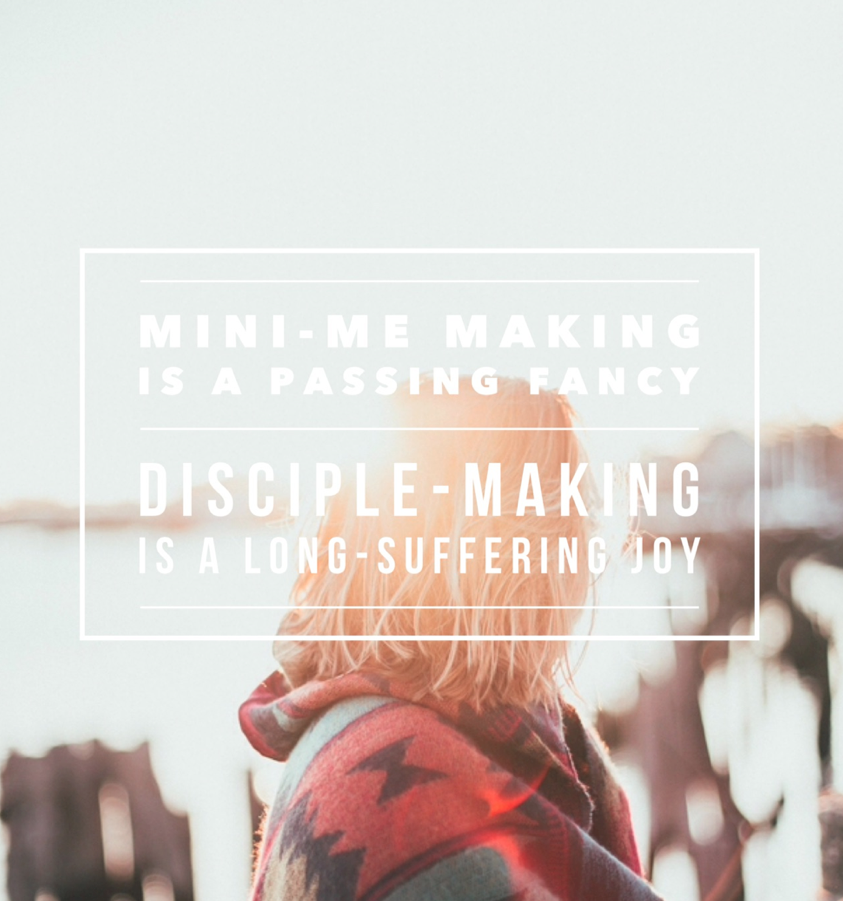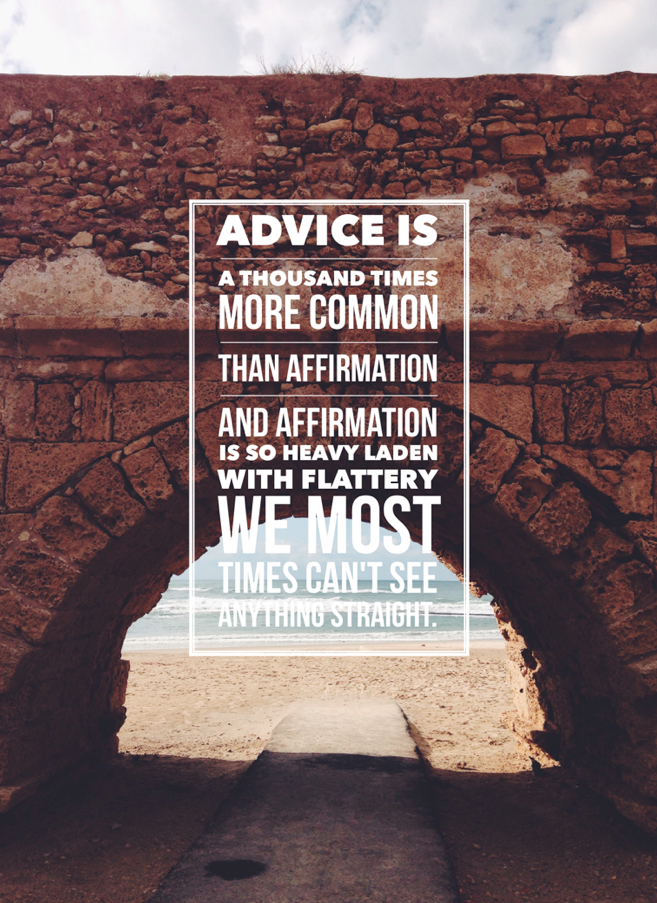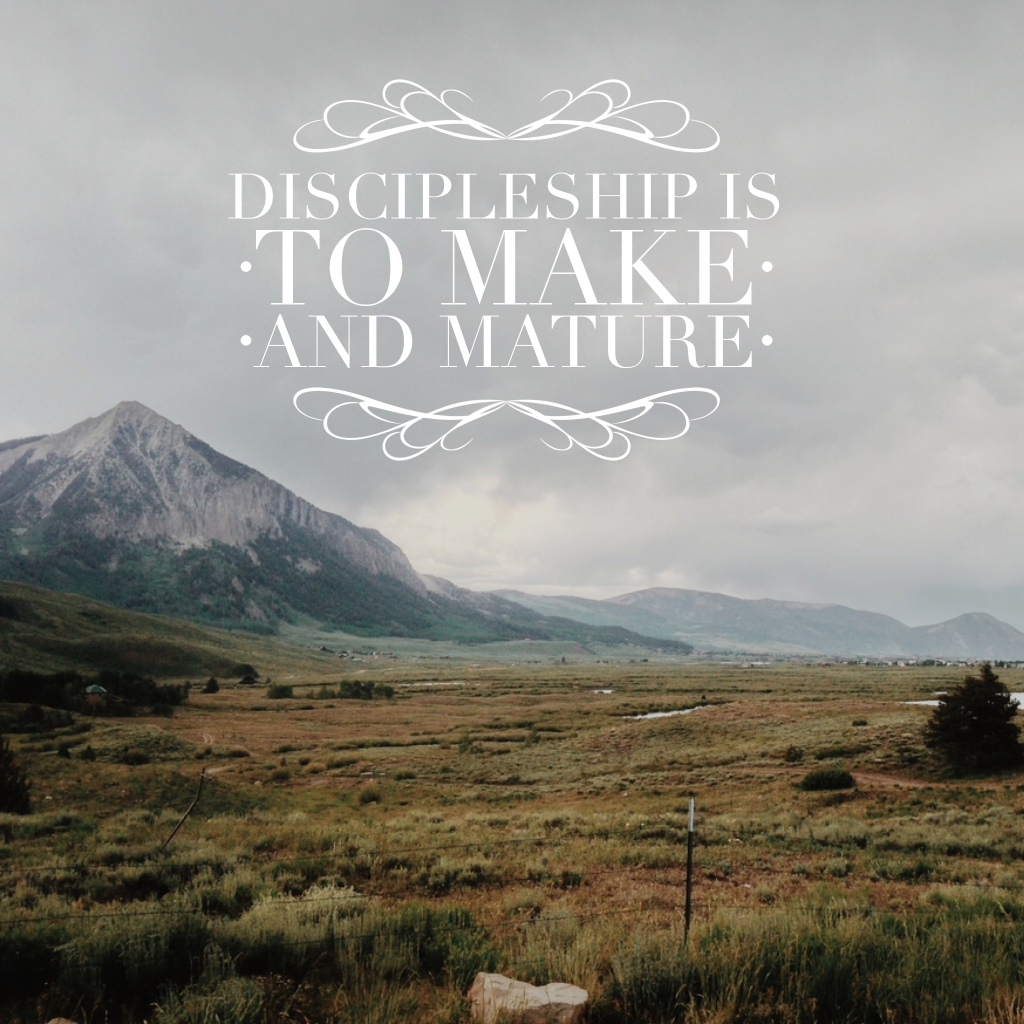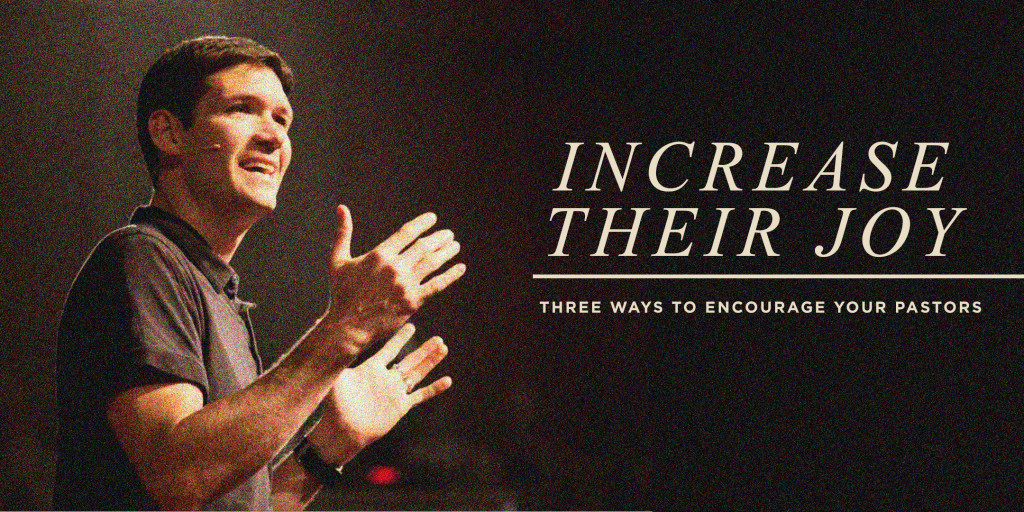Moving (For Real This Time)
The plan was to leave Texas almost as soon as I came to her. Six months, see if God was real, and if he could spare any love for a doubter like me, then move on, vagabond my way through life. I figured God (if he was real) could manage an oddity like me better than any one place could. Five years later: I've tried to leave her a half a dozen times but she's kept me, like the song goes, "Not from Texas, but Texas wants you anyway." A year ago I sobbed on my bedroom floor before signing another year lease. It felt like signing a death warrant. Another hot summer, another suburban home, another brown winter, another flat year.
But God turns our mourning to dancing—or something like it.
. . .
I died a thousand little deaths throughout 2013 and 2014. Every one of them seemed a no to me and my desires. But the best of them were no to my lesser desires and I see that now. I have wanted a great many things, but too often I take the leftovers, certain God means for me to suffer until I am left with only Him.
A hundred decisions loomed in front of me over the past two years and I, like Rebekah, packed my little idols in my bags just in case. I worshipped the lesser gods of marriage, vocation, location, and more. I was certain God wouldn't give me all the desires of my heart, so I settled for the scraps of just one, maybe two.
But something unexpected happened: the more I submitted to being all here, all in, Texan for as long as God would call me to be, I began to love Texas. Love for her people, her places, and specifically my place in her—it all began to grow. It was small at first, imperceptible glimmers, but it grew stronger and stronger until the thought of ever leaving seemed unlikely. I went to Israel last fall and the strongest emotion I felt while there was not wonder at the land upon which Jesus once walked, but homesickness for my own land.
For Texas?
Yes.
And then in January I got an email, a job offer. It was not in the location I wanted, not in the church I wanted, nothing of what I thought I wanted, and all of the peace I imagined was possible. I did not trust my heart or desires, though, and passed it through to those who know my propensity to worship lesser gods. Elders and pastors and mentors who know my proclivities, my impulsivity, and, more than anything, know the Holy Spirit. The more I let it slip from my grip, the more it seemed God was saying, "No, daughter, this, this is good."
. . .
I stood in that church building a few weeks ago, the sunlight streaming through the windows of the hundred year old sanctuary, the Rocky Mountains to the west outside, the liturgy spoken and sung by all of us, small families and staff on all sides of me who'd done nothing but bless me and answer every question posed to them over four days—and I worshipped God. I worshipped God because he heard all my prayers and during all my attempts to thwart Him and take the lesser portion, He was still storing up the greater one.
This is an announcement of sorts, true: I have been handed the description to a job that only existed in my dreams and been told, "It is yours if you want it."
But this is also a proclamation of sorts: the lesser gods will always be there clamoring for my worship.
They will be prevalent in Denver, Colorado at Park Church where I will work with their leadership team to train and make disciples in the shadow of the Rocky Mountains. They will be there as much as they have been here in Dallas, Texas where the Lord brought me to the beautiful and full knowledge of Him, trained me in discipleship, taught me submission, and helped me to see He did not bring me out to the desert to die, but to truly learn that man does not live by bread alone—or all the feasts we think will bring us life—but we live on Him and His words and His water and His plans.
Those lesser gods do not always seem like the worst decisions. Mostly often they are just the less than good decisions. I have not fully learned that lesson and I suspect God will always be teaching it to me. But I have learned this lesson: I cannot thwart His purposes. He will not let me live on the crumbs while a feast awaits on the table above.
. . .
If you're my family at The Village, I sent this in a letter to the elders last week: I've been more loved here than I could have ever imagined. The Lord saved me here and taught me more about the gospel, studying the Word, loving discipleship, loving women, submitting to leadership, loving discipline, than I could have known was possible. The Village Church is honestly the most humbling and beautiful common grace I've experienced, and you've each played a role in that. I'll never stop being grateful for it and each of you. My heart is broken to leave, but expectant to go.
I mean that for the rest of you too. My heart is broken to leave this place and I'll be more mourning than rejoicing for the next two months as I prepare to go. I want to end my time here well, which means prioritizing the girls at #highchapelhouse and my immediate community of friends and leaders. We will have a come-one-come-all going away party at Roots Coffeehouse the first week of June, details forthcoming. Thanks for understanding my limitations over the next few months. And thank you for loving me. At the end of one meeting about this with some elders and pastors here, one of them said, "You can always come home," and my heart knew that home was Texas and you, so thank you.















